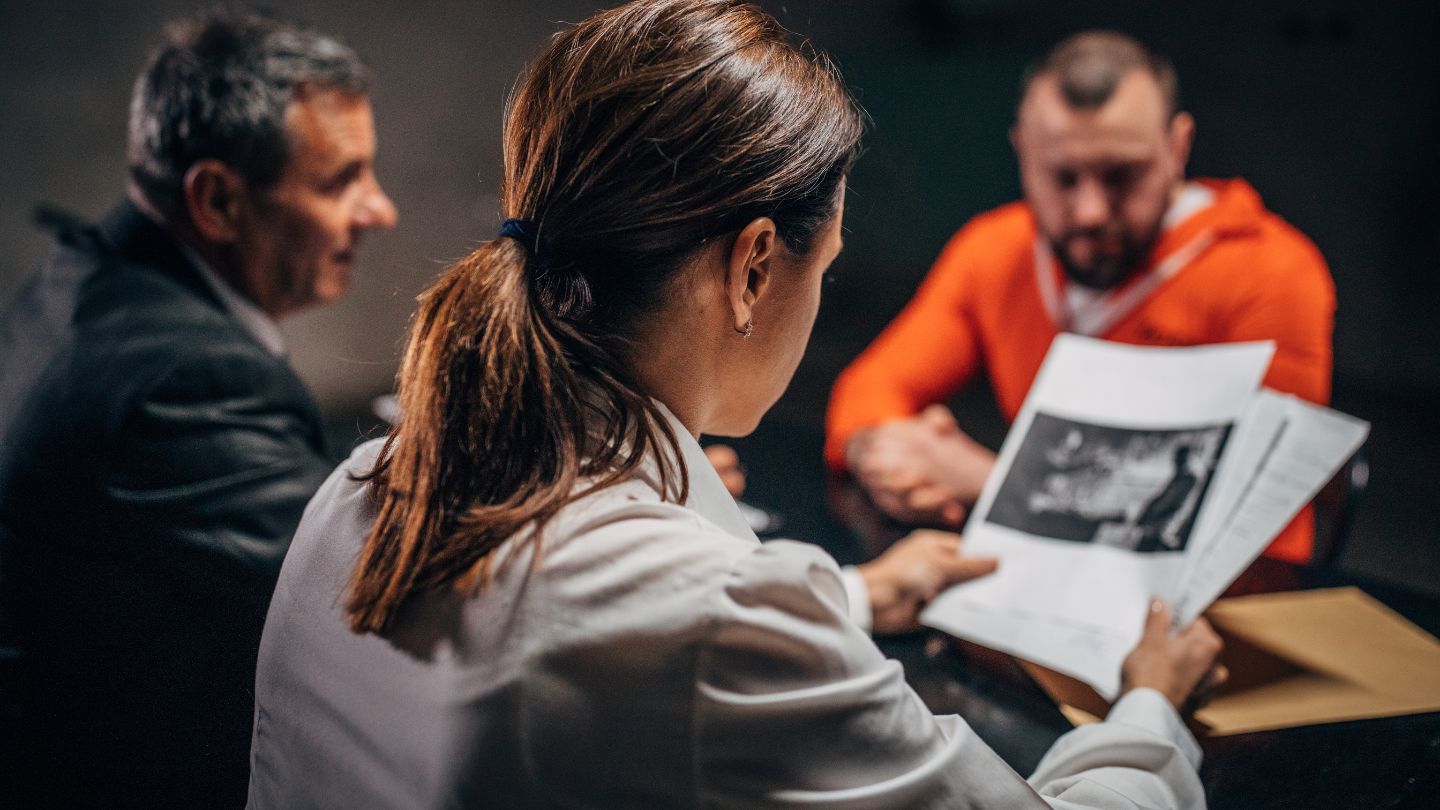Criminal defense lawyers are legal professionals who specialize in defending individuals or organizations charged with criminal offenses. They are responsible for protecting the rights of their clients and ensuring that they receive a fair trial. If you have been accused of a crime, hiring a criminal defense lawyer is crucial to protect your rights and defend your case.
Investigating the Case
One of the primary responsibilities of a criminal defense lawyer is to investigate the case thoroughly. They will review the evidence, interview witnesses and examine any other relevant information that could help the case. The goal is to find flaws in the prosecution's case and build a strong defense.
Advising Clients
Criminal defense lawyers also advise their clients on how to plead. They will explain the pros and cons of pleading guilty, taking a plea bargain or going to trial. They will also provide guidance on the potential consequences of each option and help the client make an informed decision.
Preparing the Defense
Once the investigation is complete, the criminal defense lawyer will start preparing the defense. They will develop a strategy and gather evidence that supports the defense. They will also prepare witnesses and experts to testify on behalf of the client.
Representing the Client in Court
During the trial, the criminal defense lawyer will represent the client in court. They will present the evidence, cross-examine witnesses and argue on behalf of the client. They will also object to any evidence or testimony that violates the client's rights.
Negotiating Plea Bargains
In some cases, a criminal defense lawyer may negotiate a plea bargain on behalf of the client. A plea bargain is an agreement between the prosecution and defense that allows the defendant to plead guilty to a lesser charge or receive a reduced sentence.
Read more: Duties and Responsibilities of a Real Estate Lawyer
Appealing the Verdict
If the client is found guilty, the criminal defense lawyer may file an appeal. An appeal is a request for a higher court to review the lower court's decision. The criminal defense lawyer will argue that the lower court made an error that affected the outcome of the case.
Defending Constitutional Rights
Criminal defense lawyers are also responsible for defending their client's constitutional rights. They will ensure that their client's rights, such as the right to remain silent and the right to a fair trial, are not violated.
Handling Plea Bargains and Sentencing
If the client decides to take a plea bargain, the criminal defense lawyer will negotiate the terms of the plea deal with the prosecution. They will also represent the client during the sentencing phase and advocate for a fair sentence.
Defending Against False Accusations
Criminal defense lawyers also defend individuals who are falsely accused of a crime. They will work to prove the innocence of their client and clear their name.
Building a Strong Defense
Criminal defense lawyers are experts at building a strong defense. They will use their knowledge of the law and their experience to develop a strategy that best suits the client's case.
Working with Experts
Criminal defense lawyers often work with experts in various fields, such as forensics, psychology and medicine. These experts can provide valuable insights and evidence that can help the defense.
Protecting the Client's Reputation
Criminal accusations can damage a person's reputation and future prospects. Criminal defense lawyers will work to protect their client's reputation and ensure that the consequences of the criminal charges are minimized.
Fighting for Justice
Criminal defense lawyers are committed to fighting for justice. They believe that everyone deserves a fair trial and will work tirelessly to ensure that their client's rights are protected.
Conclusion
Criminal defense lawyers play a critical role in the criminal justice system. They are responsible for protecting the rights of their clients and ensuring that they receive a fair trial. If you are facing criminal charges, hiring a criminal defense lawyer is the best way to protect your rights and defend your case.
Read more: Duties and Responsibilities of a Real Estate Lawyer
